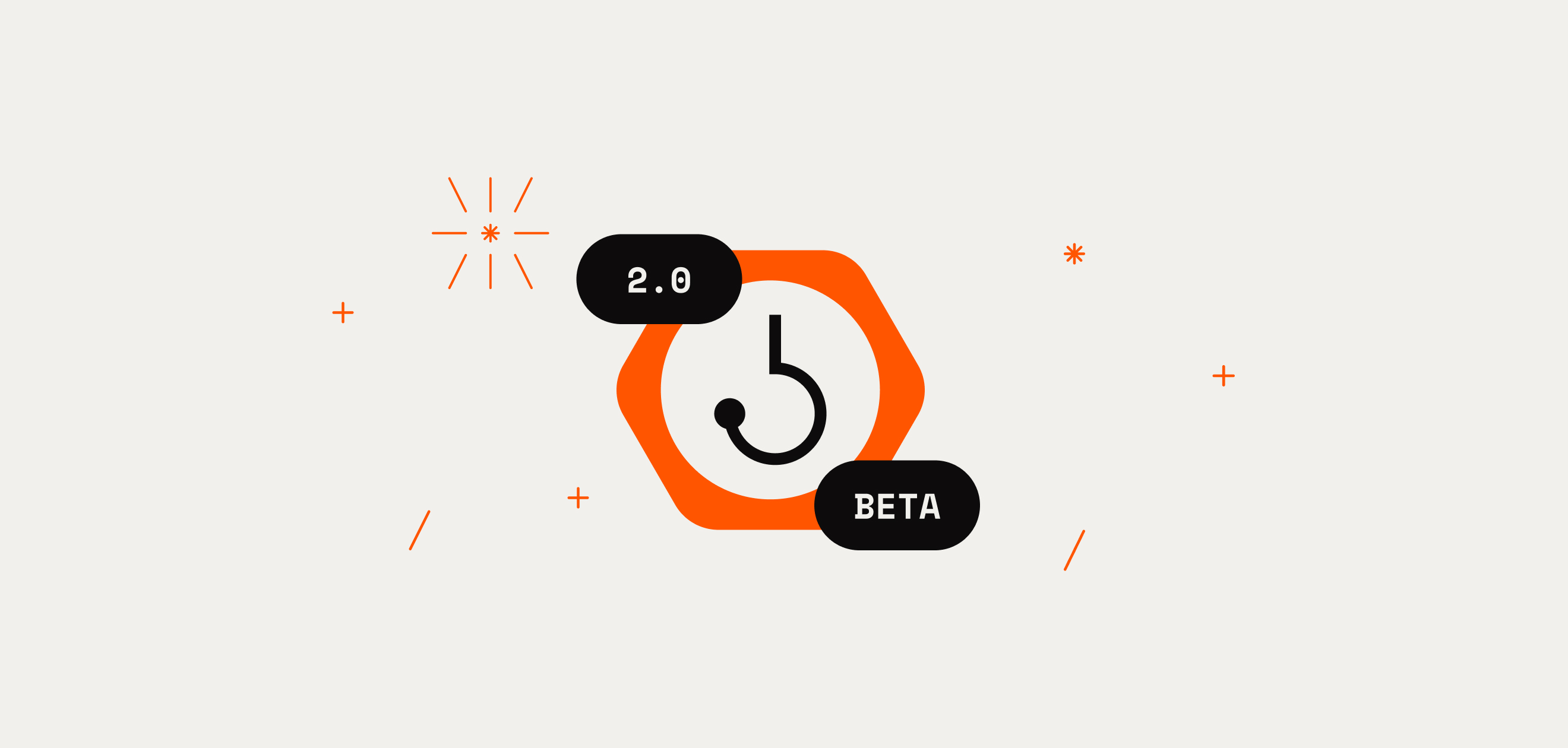Contents
Accomplishments in Q3
Here are some Q3 highlights from the Hiro team:
- Blockchain: We made substantial progress on subnets and launched an NFT use on testnet. We also began work to help prepare for the upcoming Stacks 2.1 network upgrade (work that will carry into Q4) and worked with ecosystem partners to help with a number of improvements for the Stacks blockchain, including a performance hotfix in the 2.05.0.4.0 release.
- API: With Q3 improvements, the new API upgrade/deployment process is now 57% faster, and throughout the quarter we maintained 99.99% availability. We eased our API’s consistency paradigm to eventual consistency. We made this change to deal with a Postgres limitation where we can’t perform LISTEN queries on a read instance (a known, very old PG bug), thus leading to consistent deadlocks. Lastly, we released a number of BNS improvements and added support to handle notifications for Token Metadata Updates (as described in SIP-019) to serve fresh metadata. This new service will only process and consume token metadata that follows the guidelines set by SIP-016, and this service is currently in alpha. We also handled basic maintenance, including bug fixes, feature requests, and enhancements.
- Clarinet: We made major strides on the way to releasing Clarinet v1 (which just shipped this week). This work brings big changes to Clarinet: Clarinet v1 now uses the canonical VM—the same code used by Stacks miners and nodes—so you can be confident that Clarinet is running your code the same way that it will run on-chain. We also worked on Stacks 2.1 compatibility, deployment plans, and a new VS Code web extension.
We’ve also added chainhooks to Clarinet. Like webhooks, developers can augment and automate a trigger (a chainhook) to launch a smart contract in reaction to events on either the Stacks or Bitcoin blockchain, reducing the manual steps and maintenance involved in custom scripts. With chainhooks, developers can write smart contracts that trigger actions using If This Then That (IFTTT) logic on both Stacks and Bitcoin. Developers have the ability to register one-off chainhooks, and we’ve added the ability for chainhook handlers to subscribe for decoded values (which makes chainhooks usable on languages where the Stacks codec is not implemented like Ruby, Python, etc). We are continuing to add additional features to chainhooks like the ability to scan the chain history for building specific views of the chain. - Stacks.js: We added new starter templates to help developers quickstart their journey on Stacks. Since launch, these Stacks.js starters have been used more than 1,500 times. We also made a number of changes behind the scenes to make Stacks.js a modern JS SDK: Stacks.js is now much lighter and faster than it was before.
- Wallet: We released Ledger support for the Hiro Wallet web extension, letting users connect their Ledger to the Hiro Wallet extension and use them with apps and smart contracts on Stacks.
- Explorer: We added more information to the Stacks Explorer, including fungible token images, a block visualizer to highlight the relationship between Stacks and Bitcoin, as well as BTC and STX values in USD. We also improved the first contentful paint of the Explorer from 3.5 seconds to 405 milliseconds, an 88% performance increase in loading speed for the Explorer.
- Team: Alongside all of these product improvements, we hired 6 new employees to help us deliver the best developer experience to Stacks.
What We’re Focused On in Q4
As we enter the final quarter of 2022, we will be focusing on several initiatives to make development on Stacks a faster and more painless experience. That work includes:
- Stacks 2.1: The upcoming PoX changes and smart contract versions that are a part of the 2.1 network upgrade require changes across most of our products. Getting all of our products ready for this release, including the API, Clarinet, and Stacks.js, as well as releasing new feature guides for these changes, is a priority in Q4.
- Docs: Building upon the site layout and navigation-flow improvements to Hiro Documentation, we are determined to continue to improve the developer experience and make it easier for you to find documentation quickly. To that end, we are revisiting the information architecture of Hiro docs, which will incrementally evolve in Q4.
- Developer growth: We want to strengthen our relationship with Stacks developers. In Q4, we will have more calls directly with developers, as well as create more videos and tutorials. We also plan to have more early previews of tools and releases to get a better sense of product-market fit to make sure we are spending time on what moves the needle most for you.
- Bitcoin support for API and Stacks.js: Speaking of moving the needle, we’ve heard the feedback from the community, and in Q4, one of our big priorities is adding Bitcoin support for the Stacks API and Stacks.js. This work includes introducing 6 new endpoints in our API to retrieve Bitcoin information related to Stacks addresses, blocks and transactions, and vice versa. Similarly, we plan to introduce Bitcoin helpers in Stacks.js for added Bitcoin support. More details to follow.
- Stacks working groups: The community is coming together to form working groups to tackle the most important problems and projects for the broader Stacks ecosystem. Alongside many other contributors, Hiro will be participating in these working groups where appropriate, particularly with the working group on scalability and speed improvements to the Stacks blockchain. Read about the announcement of these groups on the Stacks Foundation website and join the discussion on GitHub.
Of course, not every project we will work on in Q4 is included here. We will continue to support all Hiro products, handling bug fixes and making enhancements where appropriate.
Let Us Know What You Think!
There will always be projects that deserve our attention that we’re unable to prioritize ourselves. But we’re happy to support however we can. If you have any questions, reach out to us on Discord through the Hiro-Public channels.







